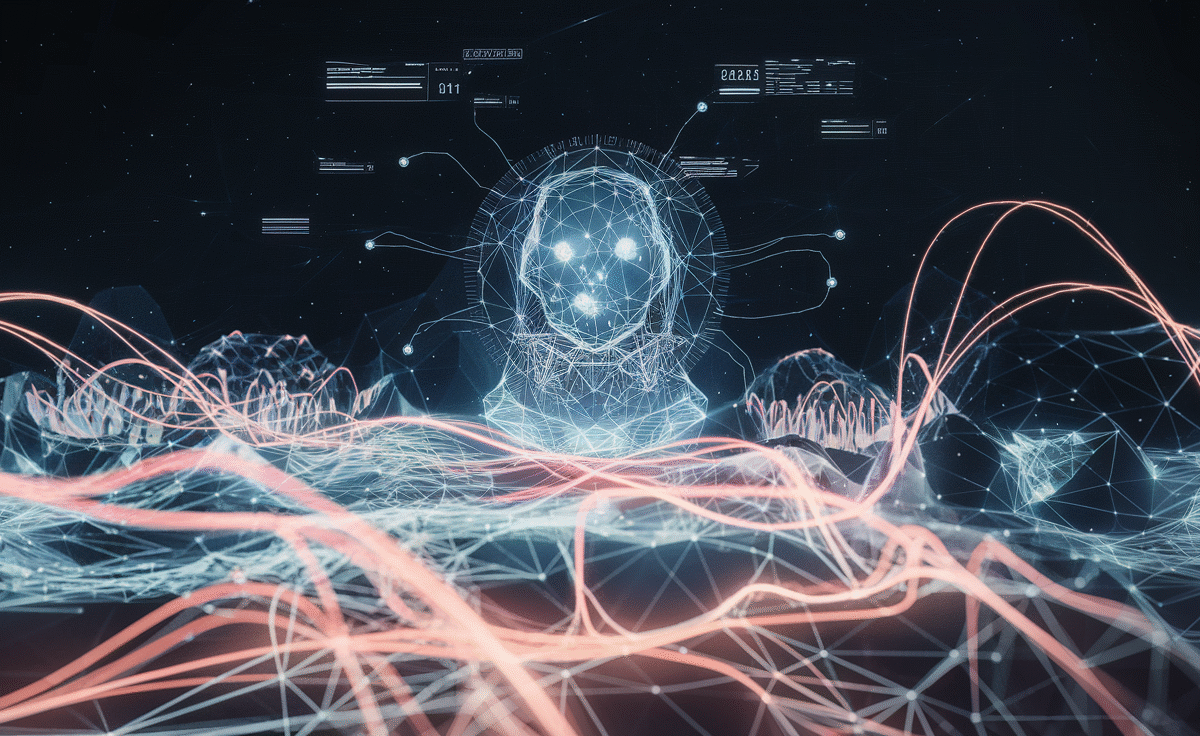Are you looking for smarter insights delivered directly to your inbox? Sign up for our weekly newsletters to receive essential updates on enterprise AI, data, and security. Subscribe now!
Revolutionary Training Framework for AI
A groundbreaking training framework developed by researchers at Tencent AI Lab and Washington University in St. Louis enables large language models (LLMs) to enhance their capabilities without the need for any human-labeled data. This innovative technique, known as R-Zero, employs reinforcement learning to generate its own training data from scratch, effectively addressing a significant barrier in the development of self-evolving AI systems.
How R-Zero Works
R-Zero operates by allowing two independent models to co-evolve through interaction and challenge. Experimental results indicate that R-Zero significantly enhances reasoning abilities across various LLMs, which could potentially reduce the complexity and costs associated with training advanced AI. For enterprises, this method could expedite the creation of specialized models for intricate reasoning tasks without the substantial expenses typically involved in curating labeled datasets.
The concept behind self-evolving LLMs is to develop AI systems that can autonomously create, refine, and learn from their own experiences. This approach presents a scalable pathway toward more intelligent and capable AI solutions. However, a major challenge lies in the requirement for large volumes of high-quality tasks and labels, which serve as supervision signals for the AI’s learning process. Relying on human annotators for this data is not only expensive and time-consuming but also creates a fundamental bottleneck, limiting an AI’s potential to what humans can teach it.
Overcoming Data Limitations
To tackle this issue, researchers have devised label-free methods that derive reward signals directly from a model’s outputs, such as measuring its confidence in an answer. While these methods eliminate the need for explicit labels, they still depend on a pre-existing set of tasks, thereby restricting their use in genuinely self-evolving scenarios.
Other approaches focus on having models generate their own tasks for learning. However, in areas like open-ended reasoning, where verifying correctness is challenging, ensuring the quality of self-generated data remains a significant obstacle. R-Zero is specifically designed to train reasoning LLMs that can evolve without relying on external data.
The Co-Evolutionary Process
The R-Zero framework begins with a single base model, which is divided into two roles: a “Challenger” and a “Solver.” These models are optimized independently but evolve together through a continuous cycle of interaction. The Challenger’s objective is to create new tasks that are just within the Solver’s current capabilities—neither too simple nor impossible. The Solver, in turn, is rewarded for successfully tackling these increasingly complex challenges.
Chengsong Huang, co-author of the study and a doctoral student at Washington University in St. Louis, emphasized the importance of this dynamic, noting that generating high-quality questions is often more challenging than providing answers. “What we found in a practical setting is that the biggest challenge is not generating the answers… but rather generating high-quality, novel, and progressively more difficult questions,” Huang stated. He added, “We believe that good teachers are far rarer than good students. The co-evolutionary dynamic automates the creation of this ‘teacher,’ ensuring a steady and dynamic curriculum that pushes the Solver’s capabilities far beyond what a static, pre-existing dataset could achieve.”
Continuous Improvement Loop
Once the Challenger produces a sufficient number of questions, these are filtered for diversity and compiled into a training dataset. During the Solver’s training phase, it is fine-tuned on these challenging questions. The “correct” answer for each question is determined by a majority vote from the Solver’s previous attempts. This entire process repeats, creating a self-improving loop that functions without any human intervention, allowing the two models to continuously challenge each other and enhance their capabilities with each iteration.
The researchers tested R-Zero on several open-source LLMs, including models from the Qwen3 and OctoThinker families. Initially, they trained the models on mathematical problems and then assessed whether the acquired reasoning skills could be generalized to other complex, general-domain benchmarks such as MMLU-Pro (multi-language understanding and reasoning tasks) and SuperGPQA (science and reasoning tasks). The results demonstrated that R-Zero is a highly effective, model-agnostic framework, significantly boosting the Qwen3-4B-Base model’s score by +6.


